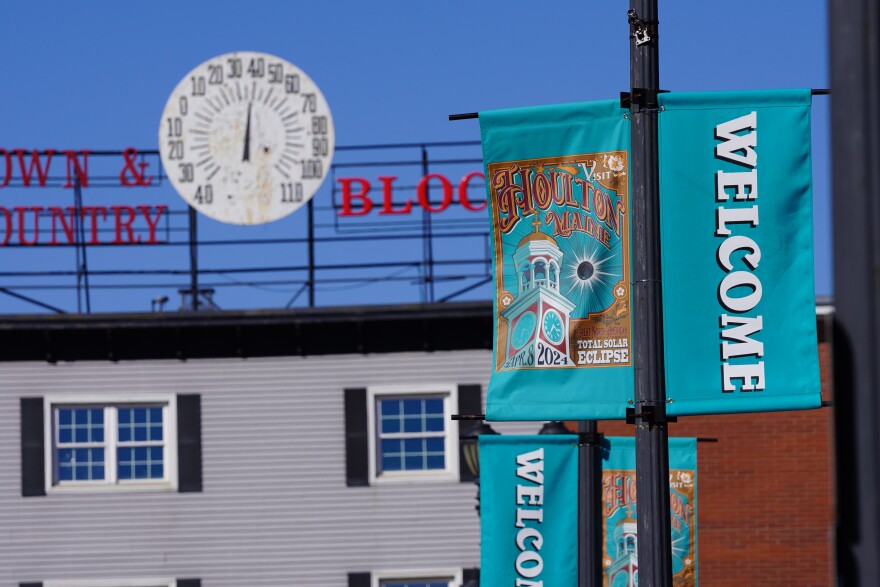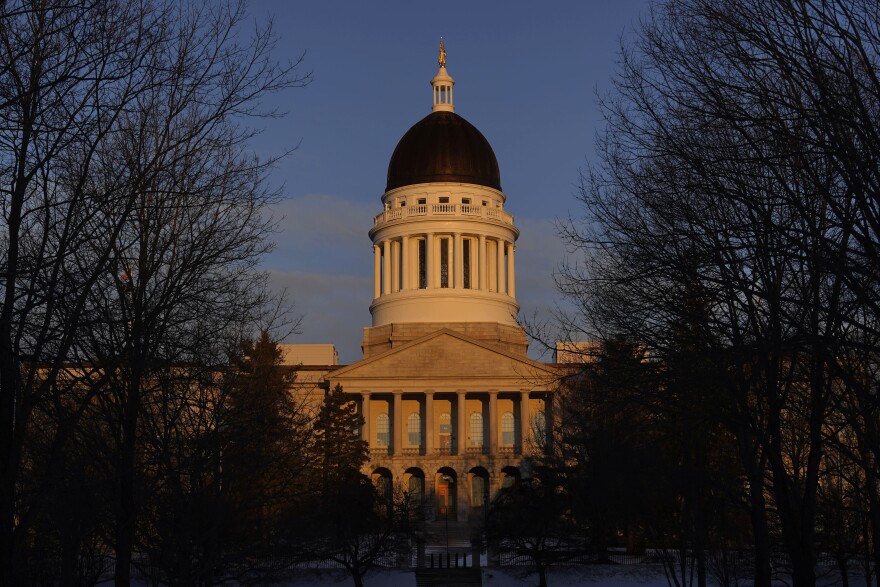Los Angeles A temporary order issued by a lower court prohibiting the Trump administration from making indiscriminate immigration stops and arrests in Southern California was upheld by a federal appeals court on Friday night.
The federal government requested that a temporary restraining order imposed July 12 by Judge Maame E. Frimpong be overturned by a three-judge panel of the Ninth U.S. Circuit Court of Appeals on Monday afternoon, claiming that it was impeding their ability to enforce immigration law.
In a lawsuit filed last month, immigrant advocacy groups said that during President Donald Trump’s administration’s crackdown on illegal immigration, brown-skinned people in Southern California were often singled out. Two U.S. citizens and three detained immigrants were plaintiffs in the case.
Frimpong stated in her ruling that there was “mountain of evidence” that the methods used by federal immigration enforcement were unconstitutional. According to her, the government cannot detain someone based solely on reasonable suspicion based on their occupation, apparent race or ethnicity, accented Spanish or English, or appearance at a place like a car wash or tow yard.
For weeks, protests and the deployment of the National Guards and Marines have been sparked by the Trump administration’s tough immigration policy, which has made the Los Angeles area a battleground. Many of the immigrants who have been in the United States for decades have been apprehended by federal officials from Home Depots, car washes, bus stops, and farms.
One of the plaintiffs is Brian Gavidia, a resident of Los Angeles, who can be seen shouting, “I was born here in the states, East LA bro!” while being grabbed by federal authorities in a video captured by a friend on June 13.
Mohammad Tajsar, a counsel with the American Civil Liberties Union, told the court that they want to “send us back to a world where a U.S. citizen… can be grabbed, slammed against a fence and have his phone and ID taken from him just because he was working at a tow yard in a Latino neighborhood.”
Given that the lawsuit was filed just before the July 4 holiday and a hearing was scheduled for the following week, the federal government contended that it had not been given enough time to gather and present evidence in the case.
“It’s a very serious thing to say that multiple federal government agencies have a policy of violating the Constitution,” Jacob Roth, an attorney, said.
Additionally, he claimed that the lower court’s ruling was overly general and that there was insufficient evidence from immigration activists to establish that the government had a formal policy of detaining individuals without a valid justification.
He stated that the court should not have the authority to prohibit the government from considering any of the four factors—race, language, presence at a site, and occupation—that were included in the interim restraining order. Additionally, he contended that the ruling lacked clarity regarding what is legally acceptable.
“Legally, I think it’s appropriate to use the factors for reasonable suspicion,” Roth stated.
The government’s arguments were subjected to stern questions from the judges.
“No one has suggested that you cannot consider these factors at all,” said Jennifer Sung, the judge.
But according to her, those elements by themselves merely provide a “broad profile” and fall short of meeting the requirements of reasonable suspicion to deter someone.
According to Sung, a Biden appointee, those variables “cannot possibly weed out those who have undocumented status and those who have documented legal status” in a place like Los Angeles, where Latinos comprise close to half of the population.
She additionally inquired: “What is the harm to being told not to do something that you claim you’re already not doing?”
Copyright 2025 NPR






